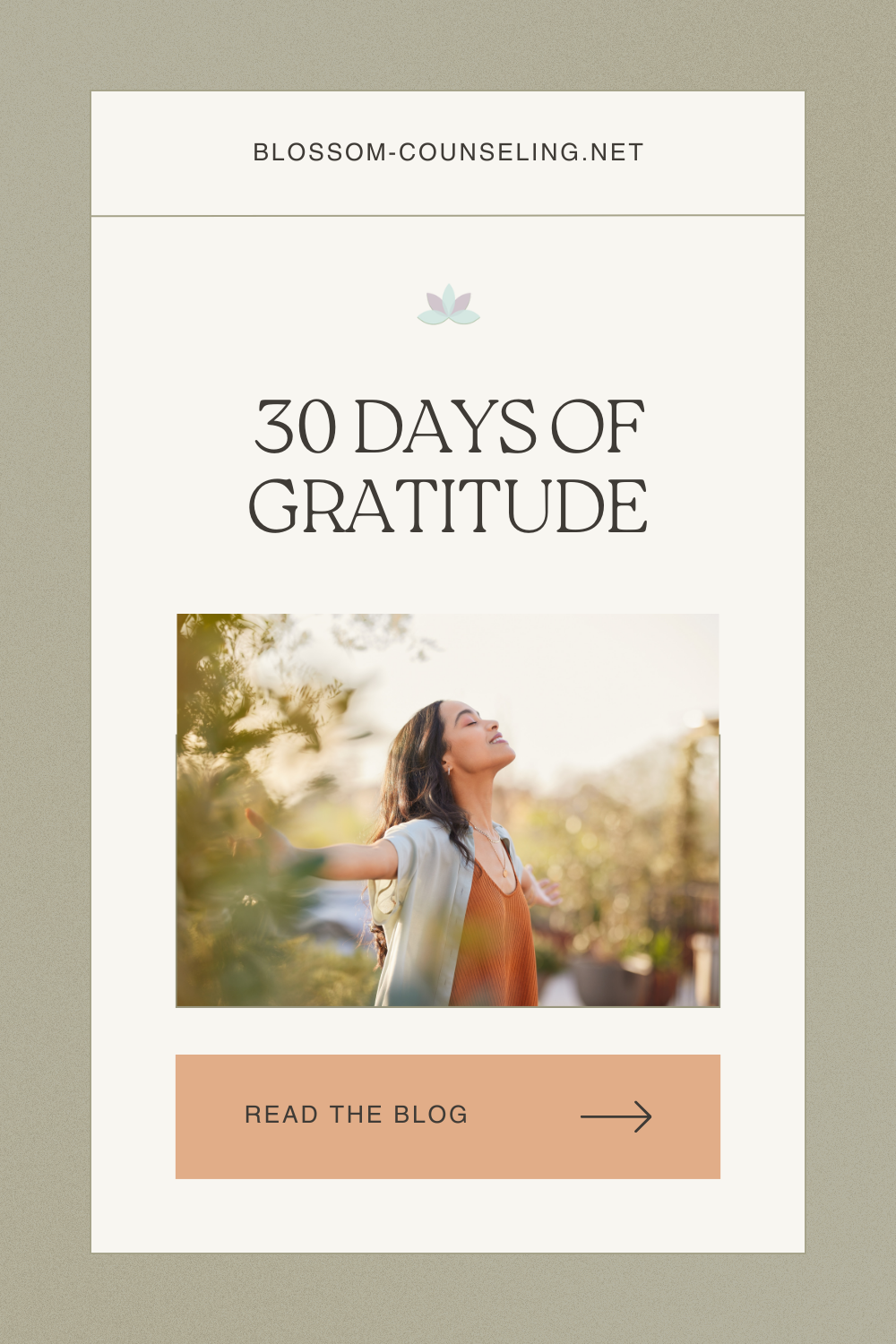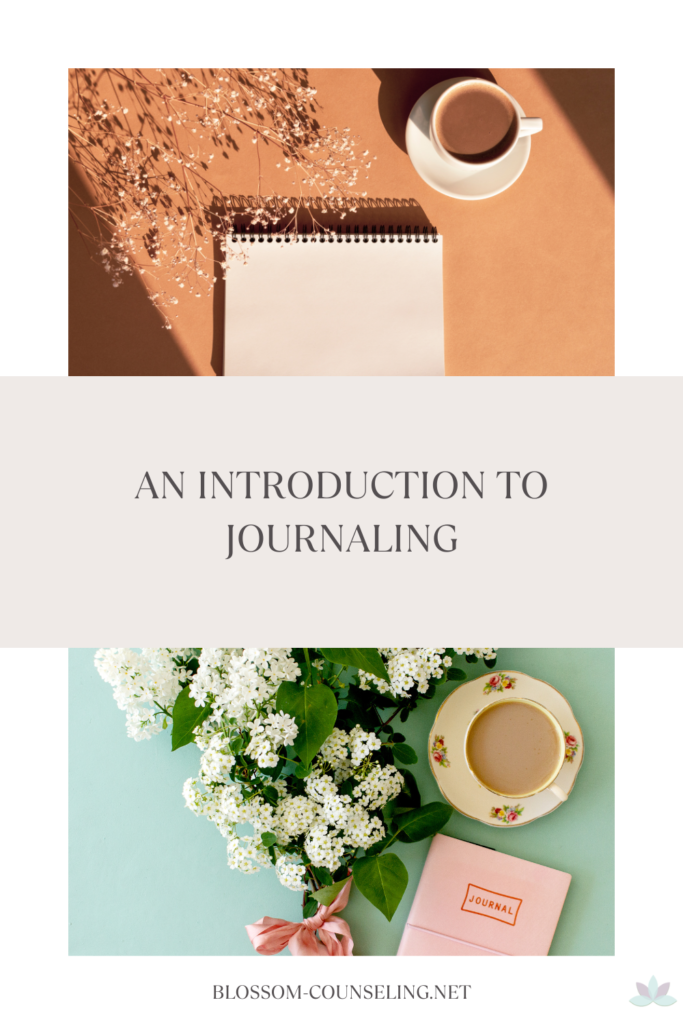
Gratitude is a powerful emotion that has the ability to positively impact our mental health. By focusing on what we have instead of what we lack, we can cultivate a sense of contentment and fulfillment in our lives. One way to practice gratitude is through a 30 days of gratitude challenge. In this challenge, you commit to expressing gratitude every day for 30 days. Here are some ways that participating in a 30 days of gratitude challenge can benefit your mental health:
1. Increases Positive Emotions: By focusing on things that you are grateful for, you are able to cultivate positive emotions such as joy, happiness, and contentment. When we experience positive emotions, it helps to counteract negative emotions such as anxiety, depression, and stress.
2. Improves Relationships: Expressing gratitude towards others can strengthen your relationships with them. By acknowledging the positive impact that others have had on your life, you can build deeper connections and create a more positive environment in your relationships.
3. Increases Resilience: Practicing gratitude can help us build resilience in the face of adversity. By focusing on the positive aspects of our lives, we are better equipped to handle challenging situations and overcome obstacles.
4. Reduces Stress: Expressing gratitude has been shown to reduce stress levels. By focusing on the positive aspects of our lives, we are able to shift our focus away from the negative aspects that cause stress.
5. Improves Overall Mental Health: Cultivating gratitude has been linked to improved mental health outcomes such as increased life satisfaction, decreased symptoms of depression and anxiety, and improved overall well-being.
Day 1: Start a gratitude journal and write down three things you’re grateful for today.
Day 2: Write a thank-you note to someone who has positively impacted your life.
Day 3: Take a walk in nature and focus on the beauty around you.
Day 4: Meditate for 10 minutes and focus on gratitude.
Day 5: Take a break from social media and spend time with loved ones.
Day 6: Make a list of things you take for granted and express gratitude for them.
Day 7: Practice mindfulness and focus on the present moment.
Day 8: Volunteer or donate to a cause you care about.
Day 9: Spend quality time with a pet or animal.
Day 10: Take a break from technology and focus on connecting with people in-person.
Day 11: Focus on positive self-talk and gratitude for your strengths.
Day 12: Share a meal or activity with someone you care about.
Day 13: Focus on the small things and express gratitude for them.
Day 14: Write down three things you’re grateful for about yourself.
Day 15: Practice forgiveness and express gratitude for the people who have helped you grow.
Day 16: Take a moment to express gratitude for your home and shelter.
Day 17: Reach out to someone you haven’t talked to in a while and express gratitude for them.
Day 18: Practice gratitude during your daily routine, such as brushing your teeth or making breakfast.
Day 19: Express gratitude for your senses and enjoy them mindfully.
Day 20: Spend time doing something creative and express gratitude for your talents.
Day 21: Practice gratitude for your body and its ability to move and function.
Day 22: Take a break from complaining and focus on the positive aspects of a challenging situation.
Day 23: Reflect on past challenges and express gratitude for the lessons learned.
Day 24: Practice gratitude for the beauty of art, music, or literature.
Day 25: Focus on the people in your life who make you feel loved and supported.
Day 26: Practice gratitude for the abundance in your life and your ability to provide for yourself.
Day 27: Take a break from multitasking and focus on one task mindfully, expressing gratitude for its completion.
Day 28: Practice gratitude for your work and the ability to contribute to society.
Day 29: Take a moment to express gratitude for the opportunities in your life.
Day 30: Reflect on the past month and continue to practice gratitude daily.
Remember, gratitude is a practice that takes time and effort to cultivate. By participating in a 30 days of gratitude challenge, you can begin to experience the many benefits that come from focusing on the positive aspects of your life. So, why not give it a try? Start today and see how your mental health can improve over the next 30 days.
|
|


